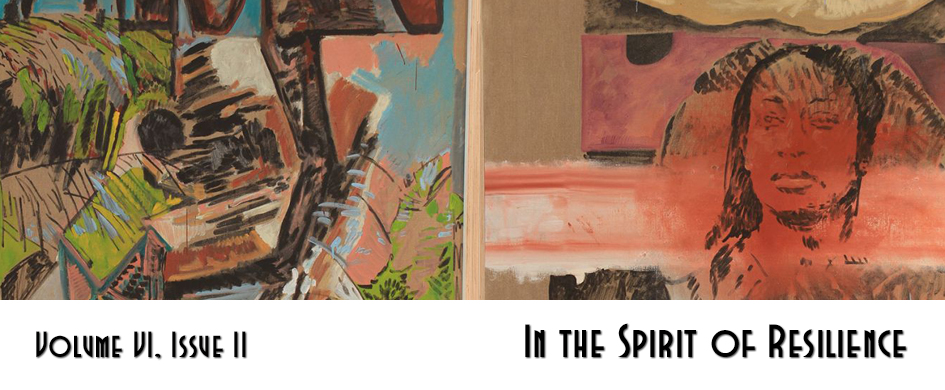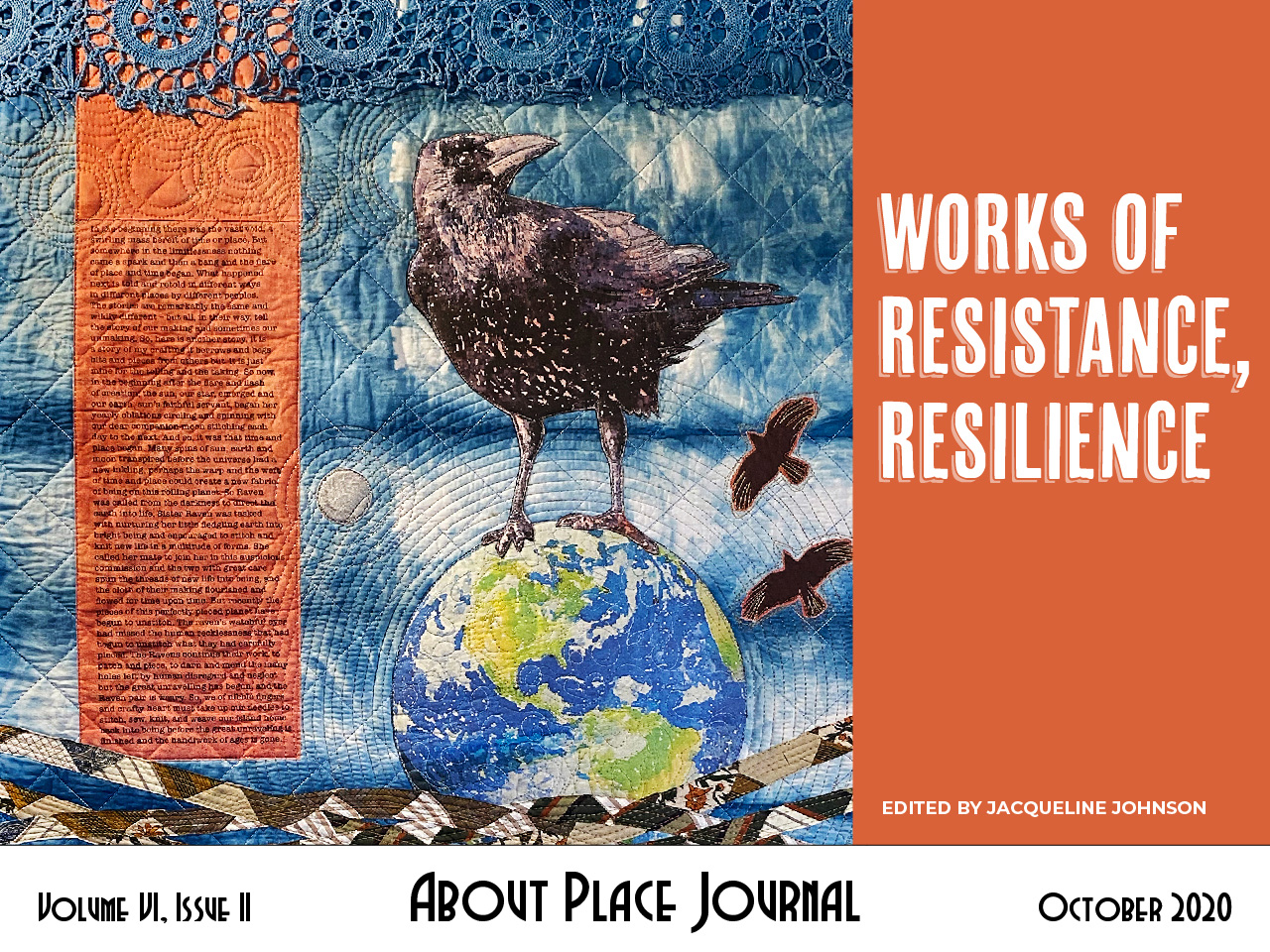They say our planet is ending + I believe them—belief not in the manner religion is bred—but, simply—I see the end. Drive from Barranquilla to Santa Marta along Colombia’s Caribbean coast + it waits there already—Ciénaga—Ciénaga is our plastic-wrapped end. A fishing village whose entire topsoil is monochrome plastic decay.
I drive past Ciénaga each year to visit my parents in Santa Marta, a half-built beach town where white sands are now inseparable from granular coal. Coal. You see—trains bring coal from Cerrejón, one of the world’s largest mines, located deep inland, to Santa Marta’s shores, where massive coal tankers moor. On its traverse to shore, the coal overflows. Ask me how many operative trains there are in Colombia—or don’t. We are a species subservient to coal. Is this what Prometheus burned?
In the Santa Marta morning, my son, my mother, my husband + I climb the boulders beyond the crowds at the black + white sand. Orphic, barefoot, we traverse rock to explore cove. Underworld, supraworld—where my son vaults waves.
The waves struck us, once. I became agitated, exclaimed—What are we doing here!? My mother—caught—sucked in, released, sucked in, released. Finally—shaken: but freed. Those waves thought they were Maradona, my son evenly said, recognizing the obstacle of arrogance as wave.
We tell my son we go to the cove, to its rocks, because of wave + adventure of climb. But, truly—it is here where the ocean comes closest to clean.
The dinosaurs lived 165 million years. Then died. They came from eggs. Like all good reptiles. Were they killed off to make room for us? We are lovelier, surely—are we not? Were they false start? Riotous roars, televisable battles, epic teeth, no doubt. But of their grave feet, perhaps, the gods—their Earth—grew tired.
Smarter, subtler, suppler. Surely. Alive—so far—for 200,000 years. Held so close by history that we cannot see what harm we cause. Our recycling, essentially, a sham. Are we designed to bring about our own decline? What new uninvented species does earth have in mind—will it be crustacean, amphibian, viviparous—our antidote?
It’s hard to feel responsible, when it’s hard to feel connected. My travel, my child’s piñata—ingredients of intercontinental demise. Yet, I feel it—the fault in the filth of the sea in which my son should not swim. Is my almond milk killing the bees? I tire of the taking. Of birthdays bagged inside plastic trash bags. Carnivores, herbivores, omnivores.
My daughter, too young for the cove, loves a good reptile. Dinosaur, crocodile, chameleon. But, plastic—of course—preferably packaged in phony pink egg. I love her—love her joy before a phony pink egg. But can we love ourselves less if less means save? Sometimes I think it possible—like now—in this newly built airport where I wait to take flight—beset by the barometric desire to occupy less space.


